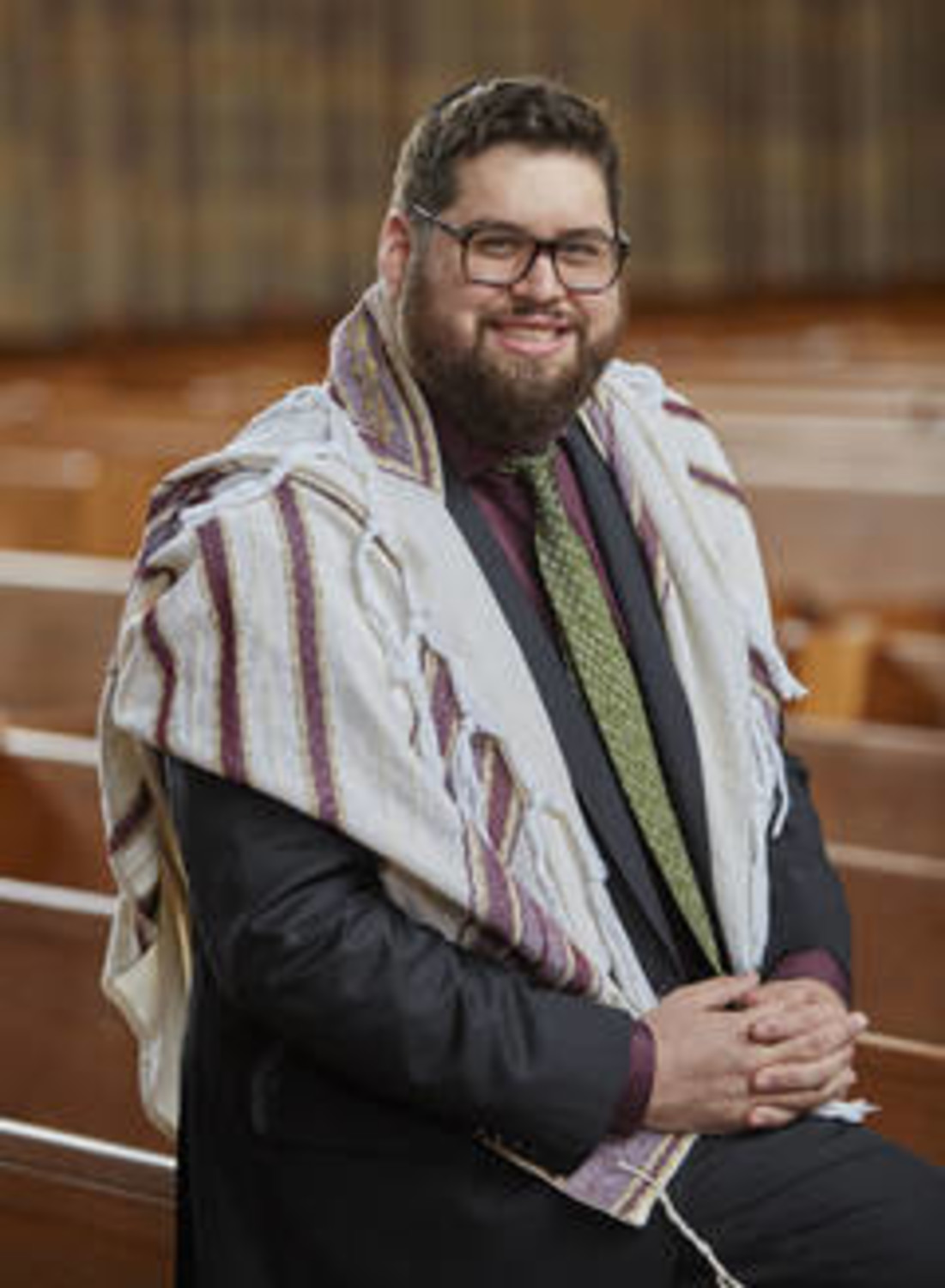We too often view criticism as disloyalty
Harvard Prof. Shaye J.D. Cohen identifies the Maccabean Revolt against Greek King Antiochus IV Epiphanes, which began in 167 B.C.E., as “history’s first recorded struggle for relgious liberty.”
For those of us who are proud citizens of the Ocean State, carrying forward the legacy of Roger Williams, we might feel an immediate kinship with the motley band of rebels who risked all and miraculously overthrew the great Greek empire. All the more so perhaps because the very same tenets of religious liberty that were foundational to the establishment of our fair state allow us to publicly celebrate our Festival of Lights by kindling the hanukkiah in the same municipal domains that house symbols from other religious traditions.
The genius of religious liberty is that, in its highest expression, it allows for people to peacefully coexist despite differences of conscience and opinion.
But, lest we lionize the Hasmonean dynasty too much, we must remember that the religious liberty they sought for themselves became tyranny for others.
There is a litany of reasons our rabbis were uncomfortable with the popular holiday of Hanukkah and sought first to suppress, then to recast, the ethos and significance of the festival beginning on the 25th of Kislev.
While the triumphant annals of the Maccabees were relegated to relative obscurity outside of the biblical canon, the sages of the Talmud emphasized that the real miracle was not the military victory of those who would eventually become deeply flawed despots; rather, the miracle was the oil that, with God’s help, burned for eight nights instead of one.
Questions of sovereignty and statehood abound in our contemporary context. Just as the Hasmonean state was never fully accepted by its Jewish populace, many in our community and beyond have valid misgivings about modern Israel. Similar complaints about the state’s corruption and stifling of religious liberty abound as we bear witness to the erosion of Israeli democracy and the expansion of the occupation.
For some time now, the bounds of our communal conversations about Israel have been contracting. There is increasingly less room for honest, civil disagreement about the best path forward for our shared inheritance.
But, as Jewish institutions have contracted their tents, those who find themselves on the other side of the party line have come to embrace their exclusion from this corporate project of the Jewish people. We should not be surprised that so many young Jews identify as anti-Zionist when they do not see themselves or their values reflected in the Jewish state. All the more so when they are shut out from aspects of organized communal life for reasonable moral concerns about how we live our Torah.
Too often, we meet criticism with defensiveness and view disagreement as disloyalty. Too seldom do we acknowledge the multiplicity of truths. What might it look like to be more open-hearted in our dialogue?
Now, more than ever, it feels difficult to do so. After the events of Oct. 7, the largest massacre of Jews since the Holocaust, with Hamas still holding some 200 people captive, the rawness of our ongoing grief clouds our minds.
Add to that the pain many of us feel from the betrayal of those we considered friends but who are now failing to see and support us in our sorrow and anguish; it is no wonder that one might think now is exactly not the time to lay down our arms or make ourselves vulnerable to more hurt and heartache.
However, in parashah Vayishlach, we see that our ancestor Jacob’s ability to greet his brother in the midst of his life-changing injury enabled the two to reconcile. To bear the name Israel, Jacob must first wrestle with beings both human and divine. To bear the name Israel, Jacob must demand a blessing from the very one who injured him most.
The Hasmonean dynasty endured for 103 years. This May, the modern state of Israel will celebrate its 76th anniversary.
If we wish to see Jewish sovereignty endure in our time, we must be willing to meet our siblings in the field, despite our injuries and sense of vulnerability. When we commit to illuminating the world together, we increase the holiness of our endeavors.
May this Festival of Lights enable us to see ourselves more clearly reflected in the other, as we all take part in uplifting sparks of holiness back to the source.
As the holiday lights grow and glow, let us follow the tradition set forth by our sages and read our tradition expansively rather than narrowly. Let the menorot (lamps) we publicly display be a beacon to all who believe it is our holy duty to increase, rather than decrease, sanctity in the world. The only way to do so is with more light and love.
Hanukkah sameach!
PRESTON NEIMEISER is a rabbi at Temple Beth-El, in Providence.








